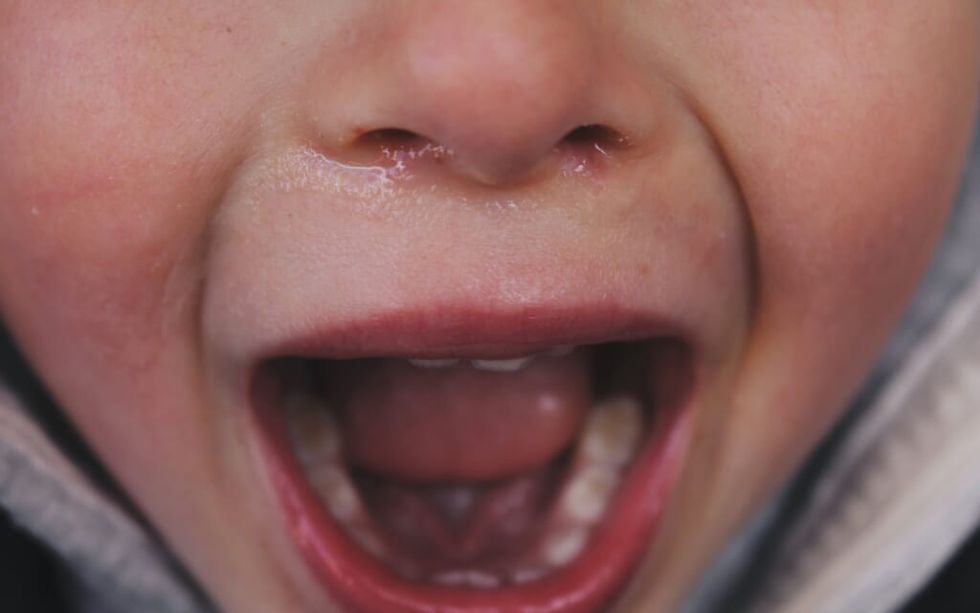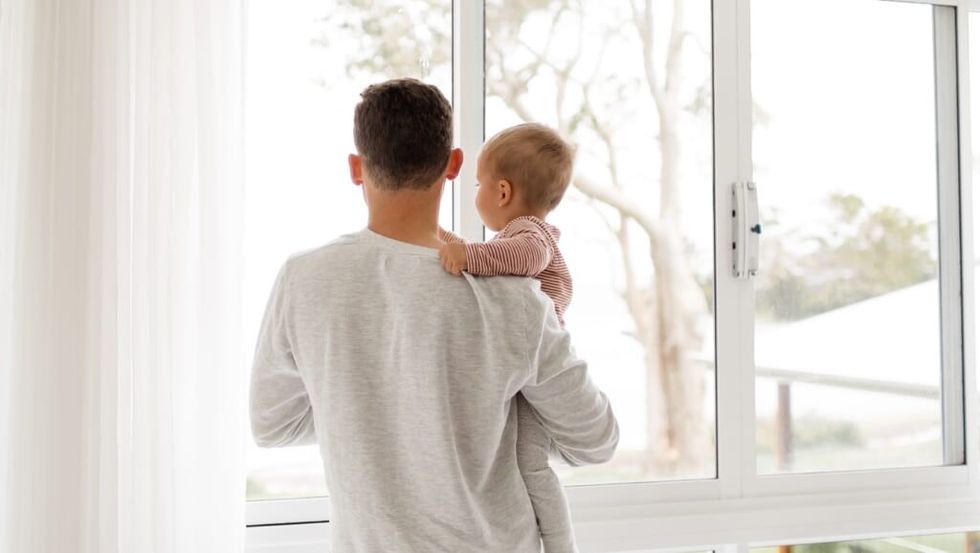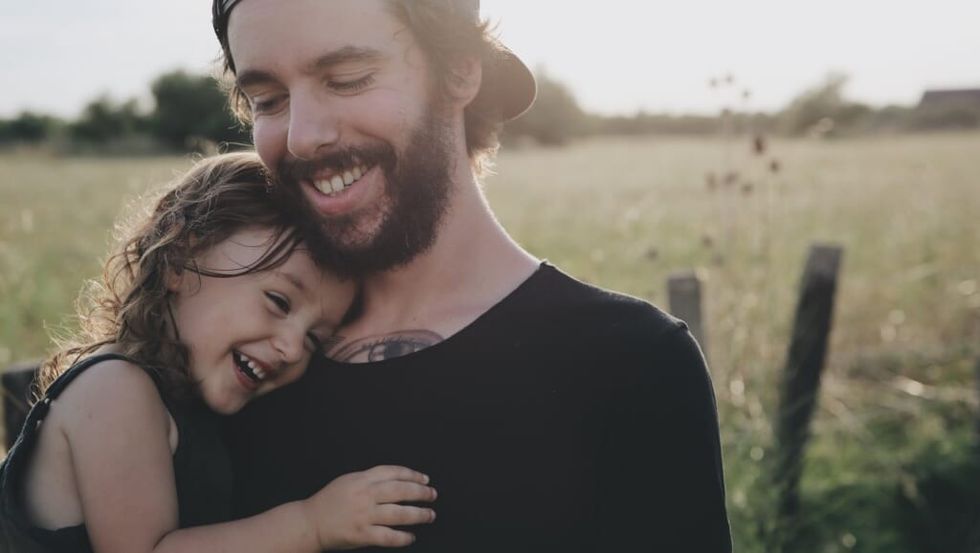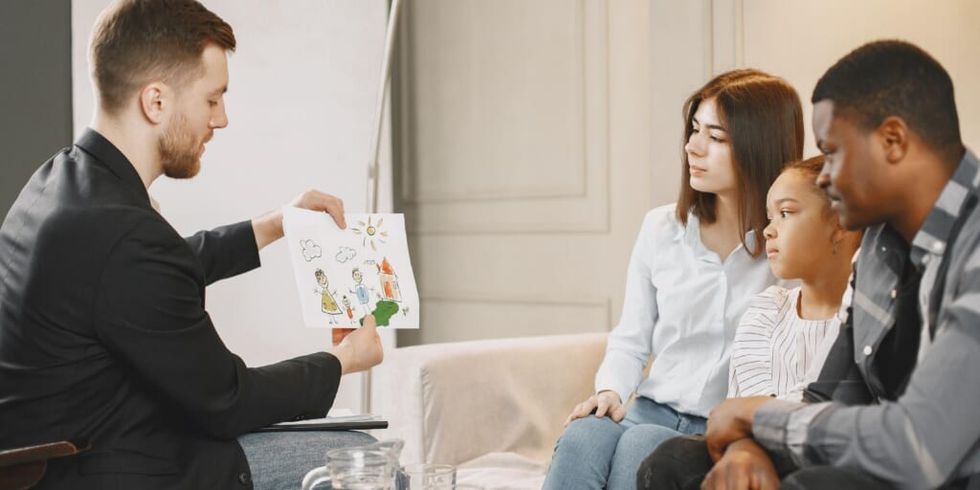40-Year-Old Mother of 3 Goes From Inmate to Princeton Intern
Life can take us down unexpected and scary roads. Sometimes, we don’t know how to get off those roads and begin the climb to a better future. As this mom proved, however, anything is possible with a second chance and a little determination.
A Former Inmate

Woman goes from inmate to Princeton intern.
Photo by Nick Fewings on UnsplashMary McCrary is a 40-year-old mother of three who spent three years in prison. According to Good Morning America, she served time at the Debra K. Johnson Rehabilitation Center in Nashville for a parole violation following a conviction for aggravated burglary.
McCrary dropped out of high school in Grade 10 and has since successfully pursued her GED, but it wasn’t until prison that she began thinking about further education. She hit a breaking point behind bars and decided it was time to turn her life around.
“When you get to a point where you're tired and don’t even want to live and you're hopeless and you feel useless and worthless, you have a decision to make,” she told the publication.
“I made the decision to use this time to do something different, to change my life, because I didn’t want to keep doing the same things and getting in trouble and ... doing whatever I had to to survive because it gets you in the exact same place.”
So, McCrary enrolled in a coding class as part of the center’s Persevere program, an initiative aimed at helping inmates earn certifications as front-end or full-stack web developers.
“The class alone made you feel like you’re a human being, that I was working towards something, that there is a goal in sight, I am going to accomplish something, and I did,” she added. “That does give you confidence and hope.”
A Life-Changing Opportunity
For the next six months, McCrary earned her certificate in front-end coding. She decided to develop her skills even more by enrolling at Nashville State Community College, which offers a program for inmates.
This past May, McCrary was granted parole, completed her supervision, and earned extra credits toward an associate’s degree. But not even she could anticipate what would happen next: an internship at Princeton.
The nine-week program is meant for formerly incarcerated undergrad students to gain experience and new opportunities, and so far, McCrary is excelling.
“Her dedication to building her future is evident in how she does not shy away from challenges and the unknown,” Bridgett vonHoldt, an associate professor at Princeton and the head of the internship program said. “She is a role model, demonstrating for anyone who thinks such change is impossible that nothing is impossible.”
As for McCrary, she knows this is an incredible opportunity and hopes the internship is the next step toward earning her AA degree back in Nashville.
“This has been life-changing in more ways than one. This is an unbelievable, sometimes overwhelming experience,” she said. “If you look at my past, it's a crazy shamble mess, but look now, look what can happen. Nothing is ever impossible.”
Second Chances
McCrary hopes to be a role model for those who are having a hard time accepting the idea of a brighter future and so far, she certainly is. She’s a great example of how things can get better and you can change your future when you’re willing to take advantage of the opportunities you have — even if they don’t seem like opportunities at the time.
This story is also a needed reminder that everyone deserves a second chance in life and that sometimes, by allowing someone who has messed up the chance to try again, they may surprise you.
No one is perfect, and everyone stumbles. It’s not how hard we fall that truly matters in life; it's how we pick ourselves back up. But it’s also up to us whether we want to be the person who lends someone on the ground a helping hand or if we want to be the guy who just keeps on walking.







































